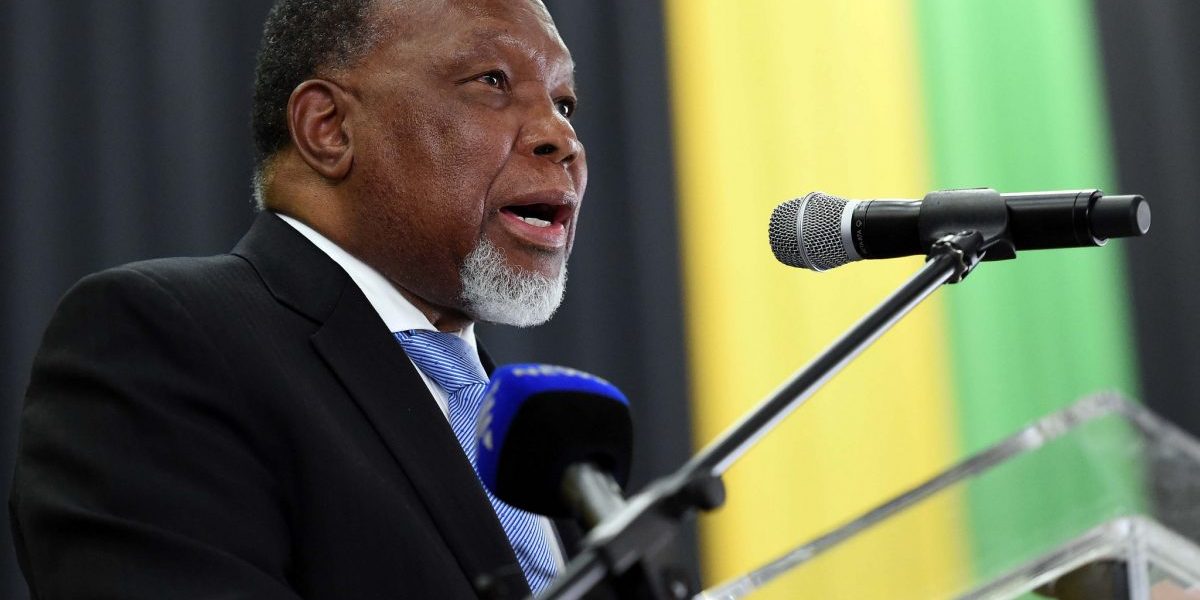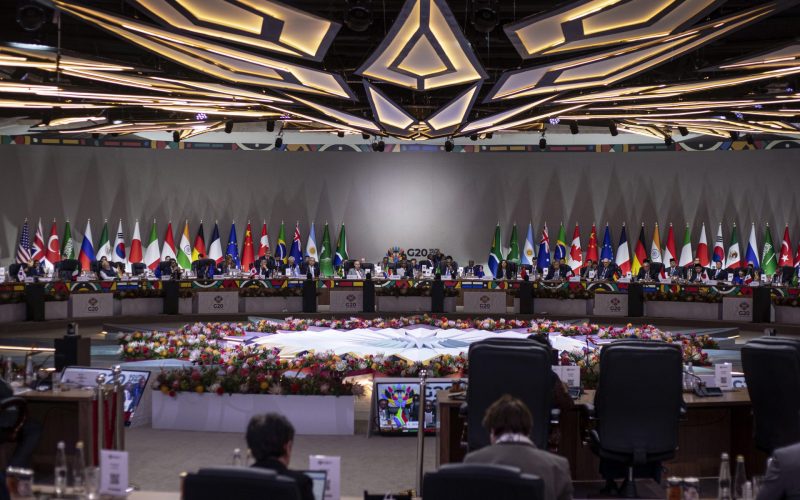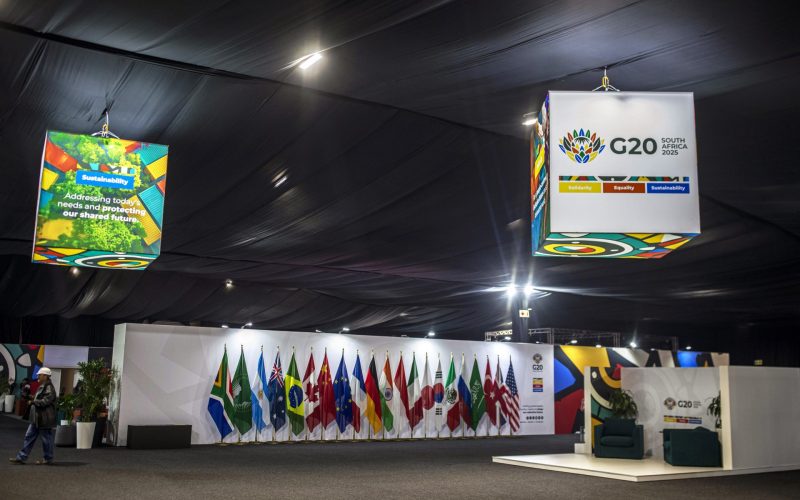While relations between the two countries, together with trade, investment and tourism, have been growing slowly since diplomatic ties were established in the early nineties, this visible reaffirmation of the importance the Zuma administration and its top leaders attach to developing the potential and value that such relations hold for South Africa is to be applauded.
President Zuma himself, then in his capacity of Deputy President, visited Turkey in 2003, the first high-level South African to do so. His visit was reciprocated in March 2005 by the Turkish Prime Minister, Recep Tayyip Erdo?an, who led a ministerial and trade delegation as an early manifestation of Turkey’s revitalised policy of “Outreach to Africa”.
Since these two visits, several ministerial visits back and forth have focused on various aspects of trade between the two countries, but the forthcoming Deputy President’s visit will set the seal on South Africa’s recognition of the importance of Turkey as a political and trading partner.
The appropriateness of this development is emphasized by a number of commentators. In his book “The Next Hundred Years”, George Friedman, best known as the head of the private intelligence analysts Stratfor, predicts a major future role for Turkey as one of four countries he identifies. This is certainly not an isolated opinion. Steve Bryant and Ben Holland of Bloomberg, in an article headlined “Turkey cast off its troubled history and outshines its ailing neighbour” (Business Report, 11 April 2010), report that Turkey survived the global economic crisis without bailing out a single bank. This is parallel with South Africa’s own recent experience.
Although barely recognised by our political leadership until now, South Africa and Turkey have much in common. Both are considered internationally as major developing economies and as such became members of the G20 from its inception in 1999. This group jumped to greater prominence in the wake of the global economic crisis in 2008 – 2009 when the G20 overtook the more limited G8 as a forum for addressing the world’s economic ills.
There are other areas of mutual interest in the multilateral environment, such as the issue of Iran’s nuclear enrichment programme , as South Africa and Turkey are both members of the International Atomic Energy Agency Board of Governors.
South Africa and Turkey have features of development and economies in common. Their per capita national incomes are very similar and the nature of development is similarly unequally spread. Turkey’s modern industrial economy is located in the sophisticated modern cities of the country’s western sector – Istanbul, Izmir, Ankara and the smaller cities of western Anatolia. The east of the country continues to be largely traditional, relying on subsistence agriculture. It is this conservative region that supplies most of migrant labour for Western Europe.
After a long period of rule by profligate and weak coalition governments, Turkey suffered a major economic crisis in 1999. Inflation reached 100%. It could not go on and had to call for assistance from the IMF and the World Bank. The hard medicine they prescribed in exchange for a bail-out was followed to the letter. For instance, state-owned banks that had been the source of largesse for distribution by politicians to their favourites and supporters were reigned in and privatised. Tax collection was strengthened and other measures taken which caused inflation to drop to the region of 8% per annum. The value of the currency stabilised and a New Turkish Lira was issues with six zeros knocked off.
The general election of 2002 produced Turkey’s first single party majority since the military coup in 1980. The moderate Islamist AKP (Truth and Development Party) was able to form a strong government without a coalition partner. It set about making the legislative reforms that would qualify Turkey for admission to the long-desired membership of the European Union. Although progress towards membership has been foiled by the governments of Germany under Angela Merkel and France under Nicholas Sakorzy, as well as by the ill-advised admission of Cyprus to membership of the Union before the problem of the division of Cyprus was resolved, Turkey has continued to flourish while members such as Greece, Spain, Portugal, Ireland and latterly the United Kingdom have faced major economic problems.
Turkey’s wealth has grown visibly over the past ten and more years. The country was little affected by the global economic crisis, although some of its export products destined for the European Union, with which it enjoys a customs union, and the United States have been affected.
While Turkey’s “outreach to Africa” policy predates the global economic crisis, it is being pursued with increasing vigour in an attempt to diversify the country’s markets and sources of resources. In 2009 no less than three major trade-promotional events were staged in South Africa – a major clothing fair, preceded by a furniture exhibition and then a visit by a large delegation headed by the State Minister for Foreign Trade in the Prime Minister’s Office. He was accompanied by a large delegation of business persons, media representatives and officials on his visits to Johannesburg and Cape Town, and they were received by hundreds of South African business people enthusiastic to engage them and identify mutually beneficial business opportunities. Ministerial discussions took place in Pretoria. These events were followed in early 2010 by a smaller trade mission, led by South Africa’s honorary consul-general in Izmir, Tamer Ta?kin.
Turkey’s outreach to Africa is not limited to trade, but seeks to exploit its secular democratic and moderate Islamic model. This finds resonance in much of Africa, but to a lesser degree in South Africa, where Islam is not the dominant religion. Nevertheless, high-quality Turkish private schools exist in South Africa as they do in 30 other African countries. The quality of the education they provide is recognized by the presence of South African cabinet ministers both at the schools and other functions the sponsors arrange.
For as long as ten years, Turkish companies have been establishing operations in South Africa. Several manufacture acrylic blankets for the lower end of the market, but these are starting to suffer Chinese competition and have been lobbying with renewed vigour for the conclusion of a Free Trade Agreement for the amelioration of their problems. Without some sort of assistance of this nature, South Africa stands to lose this investment in industry as well as the loss of jobs that will accompany closure of these factories. Deputy President Motlanthe can expect heavy pressure on this issue from his Turkish interlocutors.
There seem to be sufficient grounds for developing deeper and sounder relations between South Africa and Turkey and our good wishes go with the Deputy President and his team as they set out for Turkey.
i – See the interview with the South African ambassador to Turkey, Tebogo Seokolo, published in the Turkish newspaper Today’s Zaman on 17 May 2010. http://www.todayszaman.com/tz-web/news-210387-high-level-visit-from-s-africa-to-enliven-ties-with-turkey.html








